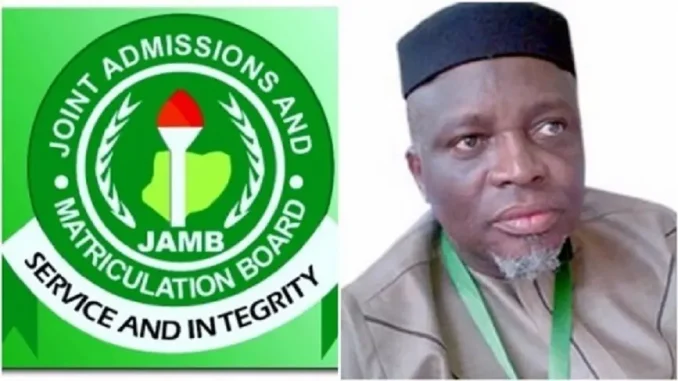MASS FAILURE: JAMB RESPONDS TO UTME OUTCRY, BEGINS URGENT INVESTIGATION ON ALLEGED TECHNICAL GLITCHES
Amid widespread complaints over mass failure in the 2025 Unified Tertiary Matriculation Examination (UTME), the Joint Admissions and Matriculation Board (JAMB) has launched a formal investigation into alleged technical glitches that may have affected candidates’ performance.
In a statement issued on Monday by JAMB’s Public Communication Advisor, Dr. Fabian Benjamin, the Board announced an accelerated system review to investigate alleged irregularities and possible technical faults.
“We are particularly concerned about the unusual complaints originating from a few states within the Federation,” Dr Benjamin noted in the statement titled “RE: PUBLIC COMPLAINT REGARDING THE RELEASE OF THE 2025 UTME”.
“In response, the Board is fast forwarding its annual system review—a comprehensive post-mortem of the examination process that is conducted each year months after the exercise.”
“The Board’s annual review encompasses three key stages: registration, examination, and result release. During the examination phase, JAMB ensures that every candidate is afforded the opportunity to sit for the test. Should any technical issues arise, the Board reschedules the examination for affected candidates without hesitation.”
Dr. Benjamin said, noting that the Board is currently examining these issues in detail to identify and rectify any potential technical challenges.
“To assist in this process, we have engaged a number of experts, including members from the Computer Professionals Association of Nigeria, Chief External Examiners, who are heads of tertiary institutions, the Educational Assessment and Research Network in Africa, measurement experts, and Vice Chancellors from various institutions”.
“If it is determined that there were indeed glitches, we will implement appropriate remedial measures promptly, as we do in the case of the examinations themselves.
The 2025 UTME has been at the center of national debate following reports that over 1.5 million of the 1.9 million candidates scored below 200 out of a possible 400 marks.
